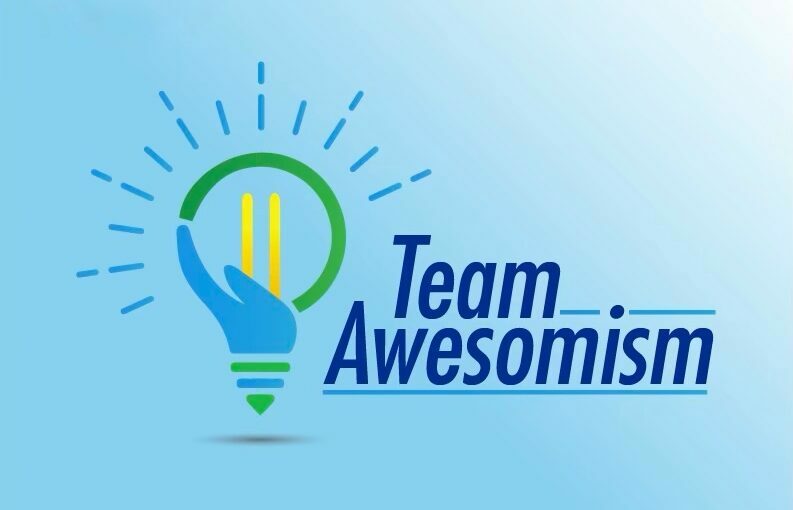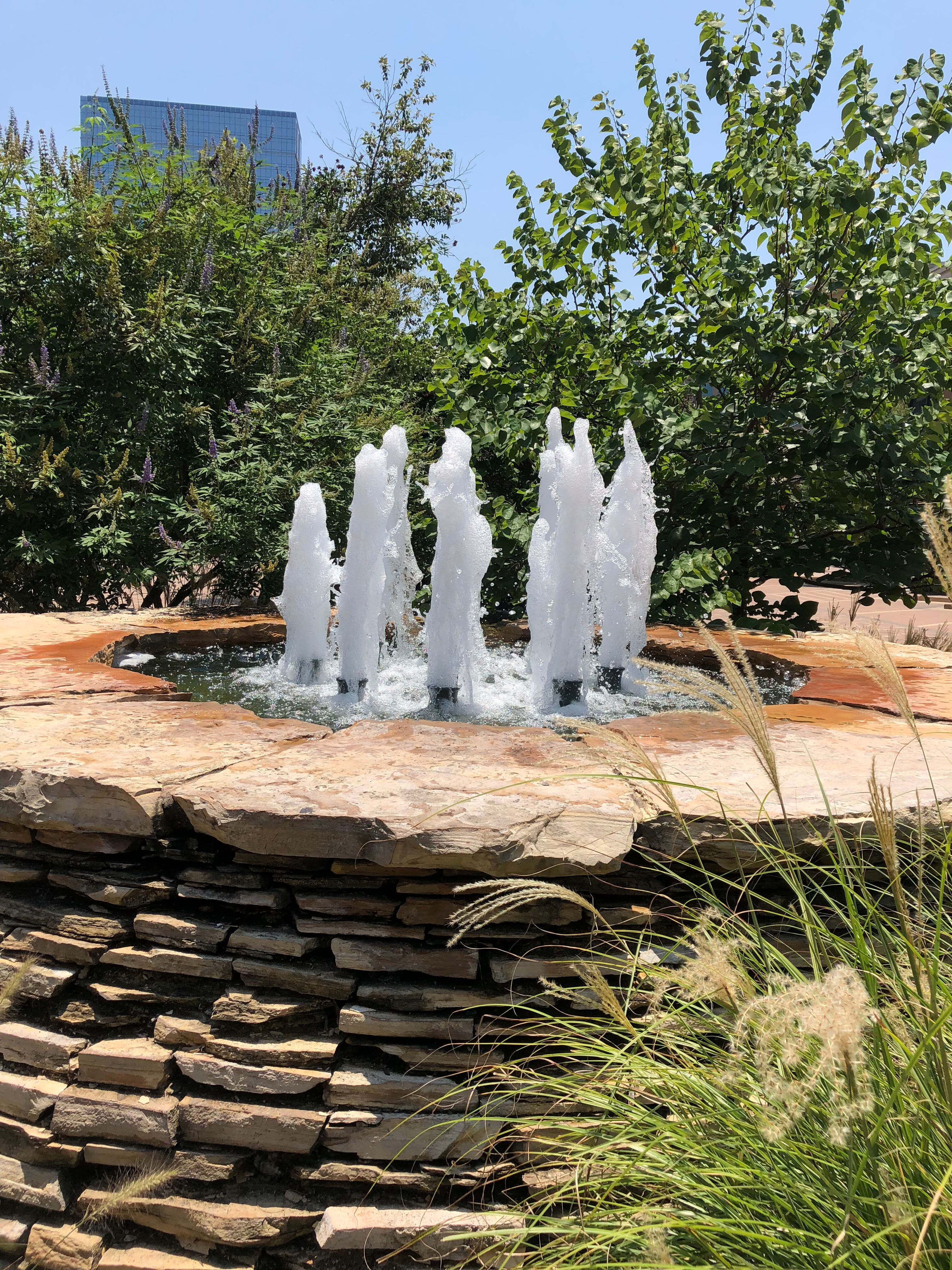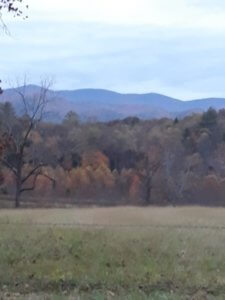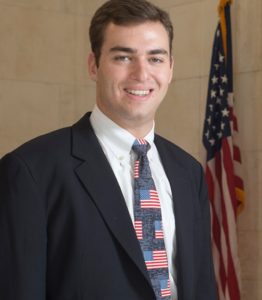 The Simple Power of Autism Awareness by Jim R. Irion is a blog, written for us at Team Awesomism. This Blog was written by an Autistic Adult and we are honored to have him as our guest blogger, during Autism Awareness Month. Here is a prior blog he wrote for us
The Simple Power of Autism Awareness by Jim R. Irion is a blog, written for us at Team Awesomism. This Blog was written by an Autistic Adult and we are honored to have him as our guest blogger, during Autism Awareness Month. Here is a prior blog he wrote for us
Here’s a blog that was written by one of our guest bloggers, who is also autistic, Lloyd Mormon several years ago!
I am a two-time Pennsylvania State University graduate with over 16 years of
dedicated community service volunteering. I began as a grassroots advocate in October
2016 and have since highlighted challenging mental health issues as both a published
writer and a self-made presenter. Now, my goals are to advance autism research, re-
evaluate resource needs for all demographics, improve the quality of existing services,
and develop new resources so that the overall quality of autistic life is better than it has
been. It matters how people are treated.
I will not rest in my efforts to achieve reasonable accommodations for autistic
employment, improved health care, and a boost to our overall quality of life. This is why
I put my strengths and skills on the line every day. Millions of legitimately autistic
people all across the world depend on it.
Jim R. Irion
Mental Health Advocate
As part of her efforts to help autistic adults, in February, AwesomismMom was gracious
enough to offer me the opportunity to begin sharing my story. Her timing was perfect, for I had
just been forcibly discharged from my mental health care on February 13th . However, this time,
she challenged me to write about the positives of my experience. Being so disrupted after having
my care terminated, I had to do a serious gut check first. Practically every day now, my mental
health feels scrambled. I have no path forward in my life. Sometimes it takes courage, but even
in the most stressful of situations, focusing on the stress can be a source of strength. Fortunately,
the timing was right. I recently finished my Autism Advocacy Series. It starts by evaluating the
first major lesson I learned about being late-diagnosed as autistic: what I call actual awareness.
Three years before a hunch led to my diagnosis in 2019, what I knew about autism was
painfully simple: it was a word. In the five years that followed, neither of the two healthcare
providers I had accommodated it. I was left to figure out what this “Autism Spectrum Disorder
299.00 (F84.0)” was on my own. But I was not alone. Thanks to scores of autistic people all
over the world, I learned by comparing my experiences with theirs. Then, in 2022, the assistant
director of a local non-profit shared with me the NIMH overview of autism. It had an important
clue. Autism was neurological. So I asked myself how my neurology would affect who I am as
a person. Keep in mind that all I had was knowledge of high school biology. If the very nature
of my essence, my thinking, was influenced, suddenly everything that I had learned made sense.
Autism is, in fact, a force that constantly shapes my entire life from within. The spark of
who I am as a human being. Every action I take. Each decision that I make. Every thought that
goes through my mind. Each subtle difference I had ever been able to find. This was it. For all
these years, autism was the key. During the months that followed, I felt the distinct weight of a
heavy burden begin to dissipate from my conscience. Slowly at first, as it took some time for me
to process so much life-altering information. I had to painstakingly rediscover myself from the
inside out. I was 40 years old at the time. And let me tell you, 40 years is a very long time to
feel as if you are not being yourself. After what felt like an eternity, confusion about some of the
simplest things in life was replaced by trusting my instincts more. It was really quite remarkable.
Hesitantly, I wondered how this could happen so quickly. A popular consensus is that if
you know one autistic person, you know one autistic person. While this rugged individualism is
true, it undermines an essential truth about who we are. Autistic people have a shared neurotype.
Our neurodivergence creates similarities amongst ourselves that are different from those who are
not autistic. Take, for example, an early sandwich recipe of mine. In grade school, I combined
pumpernickel bread, peanut butter, cream cheese, and ketchup. For years, I never found anyone
who liked the same thing. Then, in January, I stumbled upon perhaps the closest I may ever get
to a twin with this recipe. Her only difference was that she did not use ketchup. This is telling
because we were both autistic. Hence the similarity and how I could learn from autistic people.
I liken it to finding your closest friend. People who actually know you. No more feeling
alone in the world or that no one understands you. It is hard to imagine what this feels like until
you find that you have been missing it all of your life. Surrounded by people you see and believe
you should be able to relate to. But there is no genuine sense of belonging. Years of suffering
from invisible isolation. It is not unlike being a suicide attempt survivor. I cannot overstate just
how much of a relief it was for me to finally make this connection with autistic people. It brings
me such fulfillment to know that I am truly not alone anymore. Over the last five years, I have
observed that autism occurs across every demographic that is typically seen. Autism cannot be
seen in who we are. Now that I have it, finding this actual awareness means everything to me.




